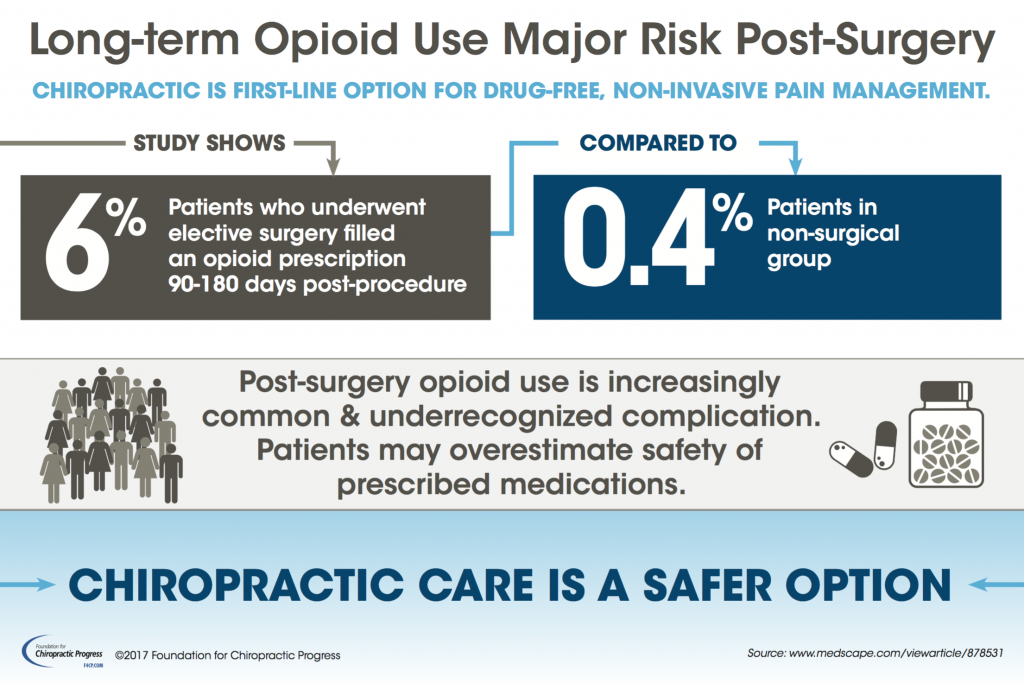The Function Of Nutrition In Neck And Back Pain Management: Foods To Eat And Avoid
The Function Of Nutrition In Neck And Back Pain Management: Foods To Eat And Avoid
Blog Article
Article Written By-Singer Hardin
When it concerns managing your neck and back pain, the food selections you make can substantially influence how you really feel on a daily basis. Envision being able to reduce your discomfort just by adjusting what you eat. By understanding the role of nourishment in neck and back pain monitoring and recognizing which foods to include or stay away from, you can take proactive steps towards a healthier and extra comfy way of living. The connection in between nourishment and back health and wellness is a lot more profound than you may understand-- let's check out exactly how particular foods can either calm or worsen your back pain.
Value of Nutrition in Pain In The Back
Nutrition plays a critical function in managing pain in the back. Your diet can significantly impact swelling levels and general pain degrees in your back. Consuming a balanced diet plan rich in nutrients like vitamins D and K, calcium, magnesium, and omega-3 fatty acids can help reduce swelling and reinforce bones, which are essential for back health.
Furthermore, keeping a healthy weight via appropriate nourishment can ease anxiety on your spinal column, reducing the threat of neck and back pain.
In addition, particular nutrients like anti-oxidants located in fruits and vegetables can aid deal with oxidative tension and promote recovery in the body, consisting of the back muscular tissues and back.
On the other hand, eating extreme quantities of refined foods, sweet beverages, and undesirable fats can contribute to swelling and weight gain, worsening pain in the back.
Foods to Consume for Back Health And Wellness
To sustain a healthy and balanced back, including nutrient-rich foods right into your daily meals is essential. Consisting of foods high in anti-oxidants like berries, spinach, and kale can help reduce swelling in your back, easing pain and pain. is chiropractor a doctor -3 fats located in fatty fish such as salmon and mackerel have anti-inflammatory buildings that can benefit your back health.
Furthermore, eating nuts and seeds like almonds, walnuts, and chia seeds provides vital nutrients like magnesium and vitamin E, which sustain muscular tissue function and decrease oxidative tension. Including lean proteins such as chicken, turkey, and tofu can aid in muscle repair service and maintenance, promoting a strong back.
Don't fail to remember to consist of dairy products or strengthened plant-based alternatives for calcium to sustain bone health. Finally, lower back strain with lots of water to maintain your spine discs moistened and operating efficiently. By consisting of these nutrient-dense foods in your diet, you can nourish your back and assistance total spinal health.
Foods to Stay Clear Of for Pain In The Back
Go with preventing refined foods high in sugarcoated and trans fats when looking for relief from pain in the back. These kinds of foods can add to inflammation in the body, which might worsen pain in the back. Say no to sweet treats sweet, pastries, and sugary drinks, along with fast food things like hamburgers, french fries, and fried hen that are frequently packed with trans fats.
Furthermore, steer clear of foods containing high degrees of polished carbohydrates, such as white bread, pasta, and breads, as they can spike blood sugar level levels and potentially get worse inflammation in the body.
Click Link 's additionally wise to restrict your intake of foods high in hydrogenated fats, like red meat and full-fat milk items, as they can add to swelling. Refined foods like delicatessens meats, chips, and packaged snacks are commonly high in saturated fats and need to be consumed in moderation.
Final thought
To conclude, taking notice of your diet and making wise food selections can have a substantial effect on managing pain in the back. By incorporating nutrient-rich foods like berries, fatty fish, nuts, and lean healthy proteins, and preventing processed and sugary products, you can help in reducing swelling and support generally back health. Remember, what you eat plays an important function in how you really feel, so make certain to prioritize your nutrition for a healthier back.
